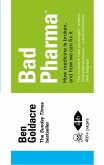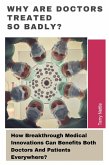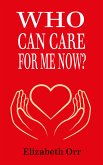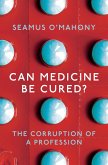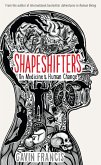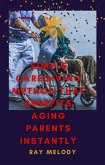Music can play an important part in our lives yet how many of us appreciate the effect it has on our brains, bodies and moods, or understand how we can use music as a medicine? Music has the power to reduce everyday symptoms, such as stress, insomnia, pain, depression, and even snoring, as well as helping challenges found in neurological conditions such as freezing and gait problems, and difficulties with voice and swallowing. With modern advances in technology, scientists are now able to measure the precise effect of music on body and brain. Music as Medicine presents many research studies which have examined the effect of music on various conditions, and offers clear suggestions as to how readers can use music to reduce various symptoms, whether a person thinks themselves musical or not. It covers three aspects of musical involvement: listening to music, moving to music and making music. Daphne Bryan, PhD, takes a special look at the benefits of music for neurological conditions, Parkinson's in particular. Music stimulates many areas of the brain and in the case of damaged brains, it can activate alternative pathways to act in the place of damaged ones. Many of the symptoms discussed are also experienced by people with other diagnoses and by those who are otherwise fit and healthy so this book contains much that is relevant to all.
Dieser Download kann aus rechtlichen Gründen nur mit Rechnungsadresse in A, B, BG, CY, CZ, D, DK, EW, E, FIN, F, GR, H, IRL, I, LT, L, LR, M, NL, PL, P, R, S, SLO, SK ausgeliefert werden.



